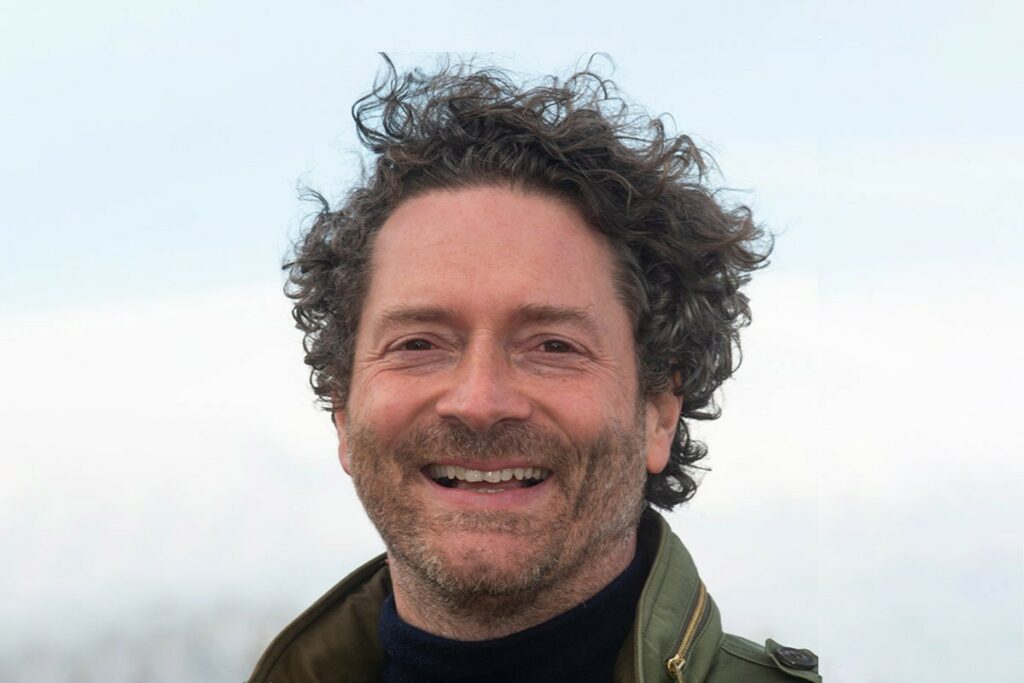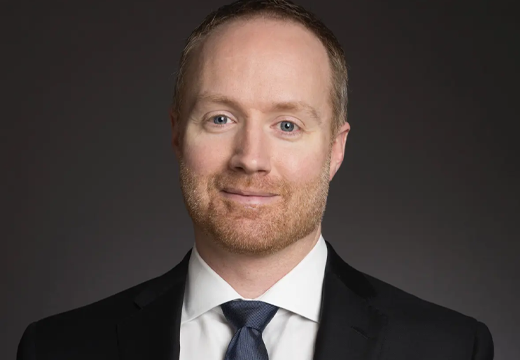MoU With National Fish To Boost Availability Of Four-Star BAP Shrimp
In an effort to grow the availability of four-star Best Aquaculture Practices (BAP) shrimp, the Global Aquaculture Alliance has inked a memorandum of understanding (MoU) with National Fish & Seafood and Minh Phu Seafood Corporation in which approximately 800 shrimp farms in Vietnam will be encouraged to attain BAP certification.
National Fish & Seafood committed to provide the education, support and funding necessary for the farms, which are operated by Minh Phu, to enroll in GAA’s iBAP improvement program and make the improvements necessary to apply for BAP certification as groups or as an integrated operating module (IOM).
Upon enrolling in iBAP, the farms will have 12 months to attain BAP certification. National Fish & Seafood also pledged to market the shrimp from the farms that earn and retain BAP certification. Likewise, GAA committed to providing the education and support necessary for National Fish & Seafood and Minh Phu to manage the project.
“We are delighted to announce our partnership with the GAA and Minh Phu on such a forward-thinking, innovative project to certify hundreds of small-scale shrimp farmers while preserving the sensitive, and extremely vulnerable, mangrove environment,” said Jeff Sedacca, president of National Fish & Seafood’s shrimp division. “This initiative exemplifies a sustainable model which values environmental and social wellbeing and will provide ecological and economic returns for many years in the world’s largest intact mangrove forest. Third-party certification of this progressive farming model will open the doors to international markets, further incentivizing governments, private sector and NGOs to work together to strengthen sustainable aquaculture.”
“This is a very important milestone for the BAP program,” said Peter Redmond, BAP’s VP of market development. “We have long said that the traditional model of certifying a single farm is not practical for the future. This announcement today further demonstrates our commitment to making third-party certification available to the majority of aquaculture constituents. We applaud the work and vision of National Fish and Minh Phu and are honored to be the certification program of choice for this large and very important project. We view this as a very strong sign of real change on the water.”
Added Minh Phu in a statement: “Minh Phu is pleased to work with National Fish and GAA to help preserve and certify hundreds of mangrove farms. We are committed to ensuring the livelihoods of Vietnam’s farmers and the integrity of the ecosystem through market incentives that will sustain the environment. Minh Phu supports the sustainable growth of aquaculture and must take steps to ensure our native mangrove forests will be preserved for generations to come providing jobs and natural resources to nourish our communities.”
Facilities that enroll in iBAP agree to a step-by-step, deadline-driven plan. They can apply directly or through organizations acting on their behalf, such as a processor, supplier or buyer.
Since its launch in early 2014, 82 facilities worldwide have enrolled in iBAP. Of the 82 facilities, 35 have applied for BAP certification and 10 are BAP certified. Currently, there are 37 facilities enrolled in iBAP, representing nine countries (Brazil, China, Ecuador, Honduras, India, Mexico, Panama, Peru and Thailand) and three species (shrimp, tilapia and trout) as well as aquaculture feed.
About GAA
The Global Aquaculture Alliance is an international, nonprofit trade association dedicated to advancing environmentally and socially responsible aquaculture. Through the development of its Best Aquaculture Practices certification standards, GAA has become the leading standards-setting organization for aquaculture seafood.
About BAP
A division of the Global Aquaculture Alliance, Best Aquaculture Practices is an international certification program based on achievable, science-based and continuously improved performance standards for the entire aquaculture supply chain — farms, hatcheries, processing plants and feed mills — that assure healthful foods produced through environmentally and socially responsible means. BAP certification is based on independent audits that evaluate compliance with the BAP standards developed by the Global Aquaculture Alliance.




